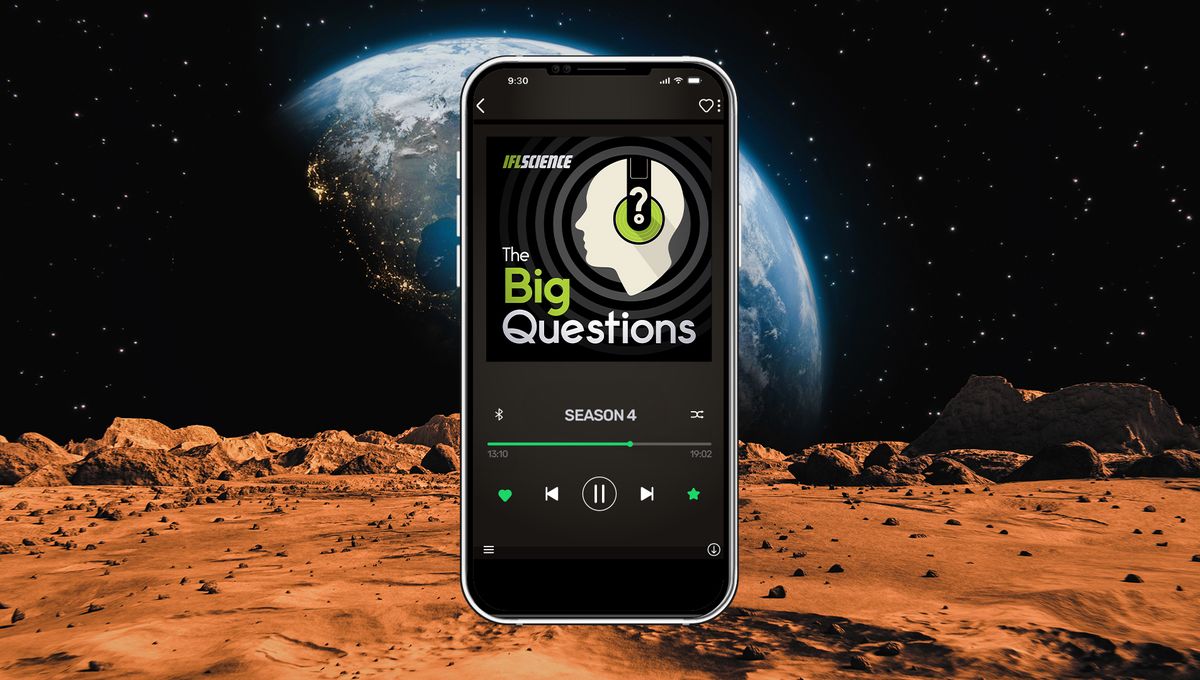
Are humans done evolving – or could settling on an alien world with an environment unlike Earth’s take us on a different evolutionary trajectory?
Host Tom Hale is joined by Scott Solomon, author and professor of bioscience at Rice University, to discuss the myriad ways Homo sapiens may continue to evolve on Earth, and how future human settlements on Mars might influence our species’ evolution.
You can listen to this episode and subscribe to the podcast on all your favorite podcast apps: Apple Podcast, Spotify, Podbean, Amazon Music, and more. A transcript of the conversation is available here.
Source Link: IFLScience The Big Questions: What Would A Human On Mars Look Like?